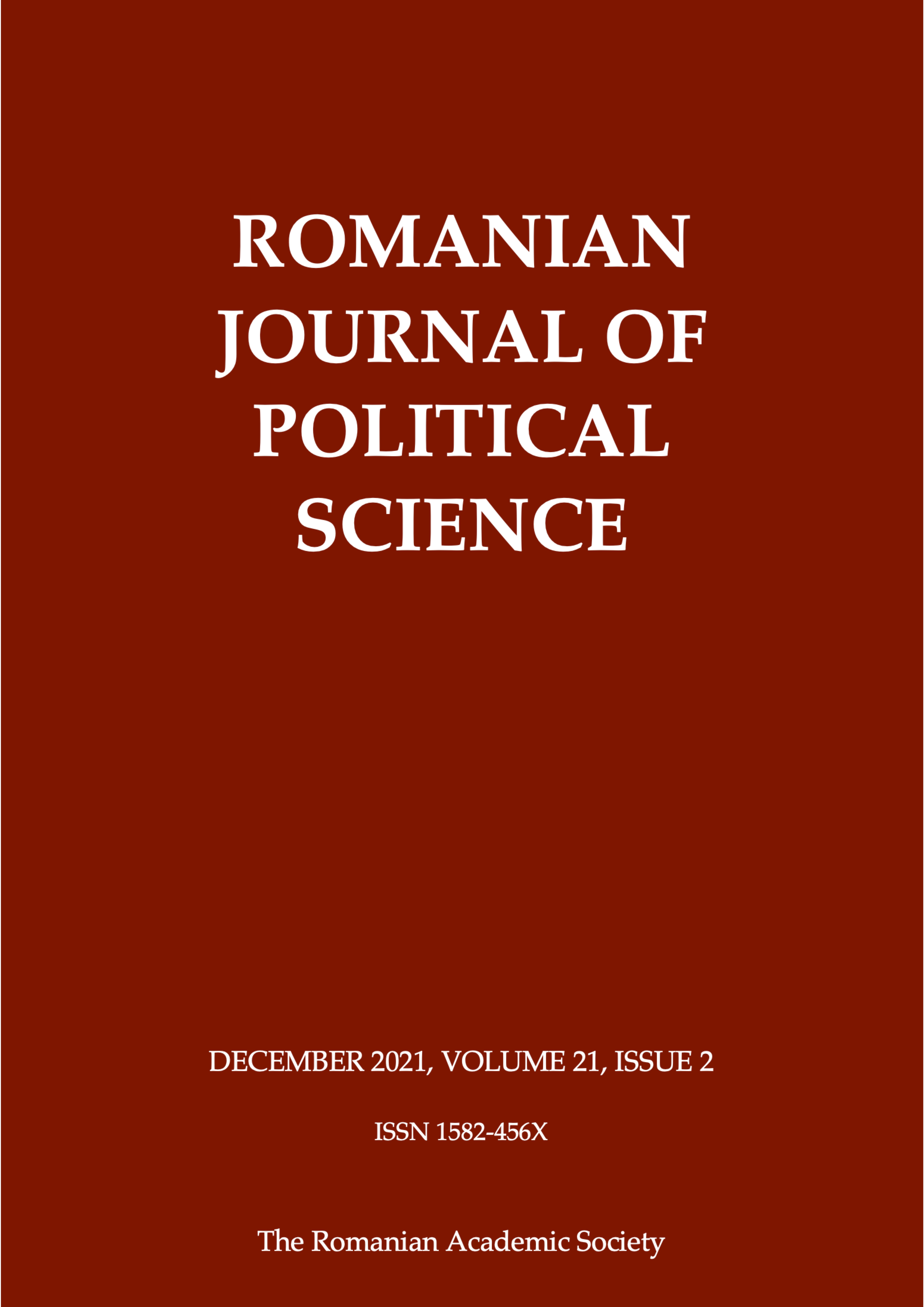Decentralization and control of corruption in Chile: Alternatives for accountable autonomy in local governments
Decentralization and control of corruption in Chile: Alternatives for accountable autonomy in local governments
Author(s): Nicolás SotoSubject(s): Governance, Government/Political systems, Comparative politics, Fiscal Politics / Budgeting, Corruption - Transparency - Anti-Corruption
Published by: Societatea Academică Română (SAR)
Keywords: decentralization; constitutional reform; local government; fiscal policy; Chile;
Summary/Abstract: The decentralization of the subnational government level has been one of the main debates in Chile in the past twenty years. Nevertheless, only modest progress has been achieved in this direction, and Chile still remains among the most centralized countries in the OECD. This paper explores different alternatives for fiscal decentralization in municipalities, particularly with regard to its possible effects on corruption and control of corruption at the local level. The literature is inconclusive about the linkages between decentralization and corruption, and it underscores the relevance of institutional and socioeconomic contextual factors. Building on Mungiu-Pippidi’s equilibrium model, this paper assesses the current balance between resources and constraints for corruption in Chilean municipalities. With this assessment as a basis, it compares risks and advantages of mechanisms of symmetric and asymmetric fiscal decentralization. The paper recommends a process of asymmetric decentralization, taking into particular consideration the significant economic and social differences between municipalities in Chile.
Journal: Romanian Journal of Political Sciences
- Issue Year: 21/2021
- Issue No: 2
- Page Range: 53-71
- Page Count: 19
- Language: English
- Content File-PDF

